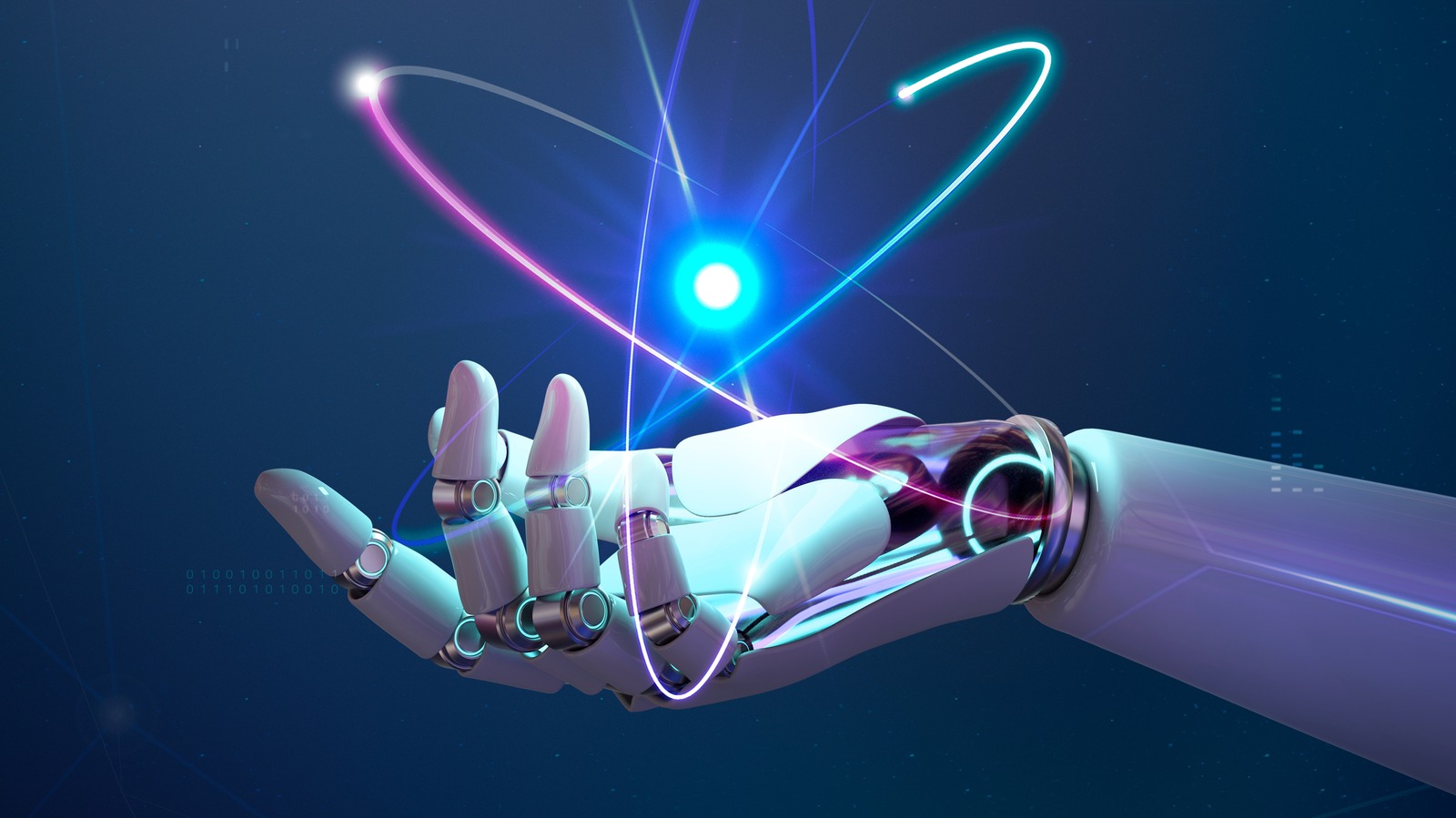Science continuously evolves, unveiling new discoveries that reshape our understanding of the world. From groundbreaking medical advancements to cutting-edge technological innovations, these discoveries hold the potential to transform our lives. Here, we explore some of the most significant recent scientific breakthroughs you need to know about.
Medical Marvels: Revolutionizing Healthcare
Gene Editing with CRISPR-Cas9
CRISPR-Cas9, a powerful gene-editing tool, has revolutionized genetic research. Scientists can now edit genes with precision, offering hope for curing genetic diseases. For example, researchers have successfully used CRISPR to treat sickle cell anemia and certain types of cancer. This breakthrough promises to usher in an era of personalized medicine, where treatments are tailored to individual genetic profiles.
mRNA Vaccines: A New Era in Immunization
The COVID-19 pandemic spotlighted the potential of mRNA vaccines. Unlike traditional vaccines, which use weakened viruses, mRNA vaccines instruct cells to produce a protein that triggers an immune response. This technology allowed rapid development and deployment of COVID-19 vaccines, saving millions of lives. Moreover, researchers are exploring mRNA vaccines for other diseases, including HIV and cancer, potentially revolutionizing immunization strategies.
Artificial Intelligence in Diagnostics
Artificial intelligence (AI) is transforming medical diagnostics. AI algorithms can analyze medical images and detect diseases with remarkable accuracy. For instance, AI systems can identify early signs of breast cancer in mammograms and diagnose eye conditions from retinal scans. These innovations enhance early detection and improve patient outcomes by enabling timely interventions.
Environmental Innovations: Protecting Our Planet
Carbon Capture and Storage
Carbon capture and storage (CCS) technology aims to mitigate climate change by reducing carbon dioxide emissions. CCS captures CO2 from industrial processes and stores it underground, preventing it from entering the atmosphere. This method holds great potential for reducing greenhouse gas emissions from power plants and factories, contributing to global efforts to combat climate change.
Plastic-Eating Enzymes
Plastic pollution is a significant environmental challenge. Scientists have discovered enzymes that can break down plastic waste, offering a potential solution to this problem. These enzymes, produced by certain bacteria, can degrade plastics into harmless components. By harnessing these enzymes, we could significantly reduce plastic waste and its harmful impact on ecosystems.
Renewable Energy Advancements
Renewable energy technologies are advancing rapidly. Solar panels are becoming more efficient, wind turbines are growing in size and capacity, and energy storage solutions are improving. These advancements make renewable energy more viable and cost-effective, paving the way for a sustainable energy future. As a result, the world can reduce its reliance on fossil fuels and decrease carbon emissions.
Technological Breakthroughs: Shaping the Future
Quantum Computing
Quantum computing represents a leap forward in computational power. Unlike classical computers, which use bits to process information, quantum computers use qubits, allowing them to solve complex problems much faster. Quantum computing has the potential to revolutionize fields such as cryptography, drug discovery, and material science. Though still in its early stages, this technology holds immense promise for the future.
3D Printing in Manufacturing
3D printing is transforming manufacturing processes. This technology allows the creation of complex objects layer by layer, reducing waste and enabling customization. Industries such as aerospace, healthcare, and automotive are adopting 3D printing for prototyping and production. Additionally, researchers are exploring 3D printing for building houses and even organs, showcasing its vast potential.
The Internet of Things (IoT)
The Internet of Things (IoT) connects everyday devices to the internet, allowing them to communicate and share data. IoT technology enhances convenience and efficiency in various sectors, including home automation, healthcare, and agriculture. For instance, smart thermostats optimize energy use in homes, while wearable devices monitor health metrics. As IoT technology advances, it will further integrate into our daily lives, creating a more connected world.
Space Exploration: Expanding Our Horizons
Mars Missions
Mars missions are advancing our understanding of the Red Planet. NASA’s Perseverance rover has been exploring Mars, searching for signs of ancient life and collecting rock samples. Additionally, private companies like SpaceX aim to establish human colonies on Mars. These missions could pave the way for future interplanetary travel and expand our knowledge of the universe.
Exoplanet Discoveries
Astronomers continue to discover exoplanets, planets outside our solar system. These discoveries increase the possibility of finding habitable worlds and understanding the diversity of planetary systems. Advanced telescopes, such as the James Webb Space Telescope, are expected to provide even more detailed observations, potentially uncovering the conditions for life beyond Earth.
Reusable Spacecraft
Reusable spacecraft are revolutionizing space travel. Companies like SpaceX have developed rockets that can land and be reused, significantly reducing the cost of space missions. This innovation makes space exploration more accessible and sustainable, opening new possibilities for scientific research and commercial ventures in space.
Conclusion
Innovative discoveries in science are driving progress across various fields. From medical advancements like gene editing and mRNA vaccines to environmental innovations like carbon capture and plastic-eating enzymes, these breakthroughs offer solutions to pressing global challenges. Technological advancements, such as quantum computing and 3D printing, are reshaping industries, while space exploration continues to expand our horizons. As science advances, staying informed about these discoveries is essential for understanding and harnessing their potential to improve our world.


